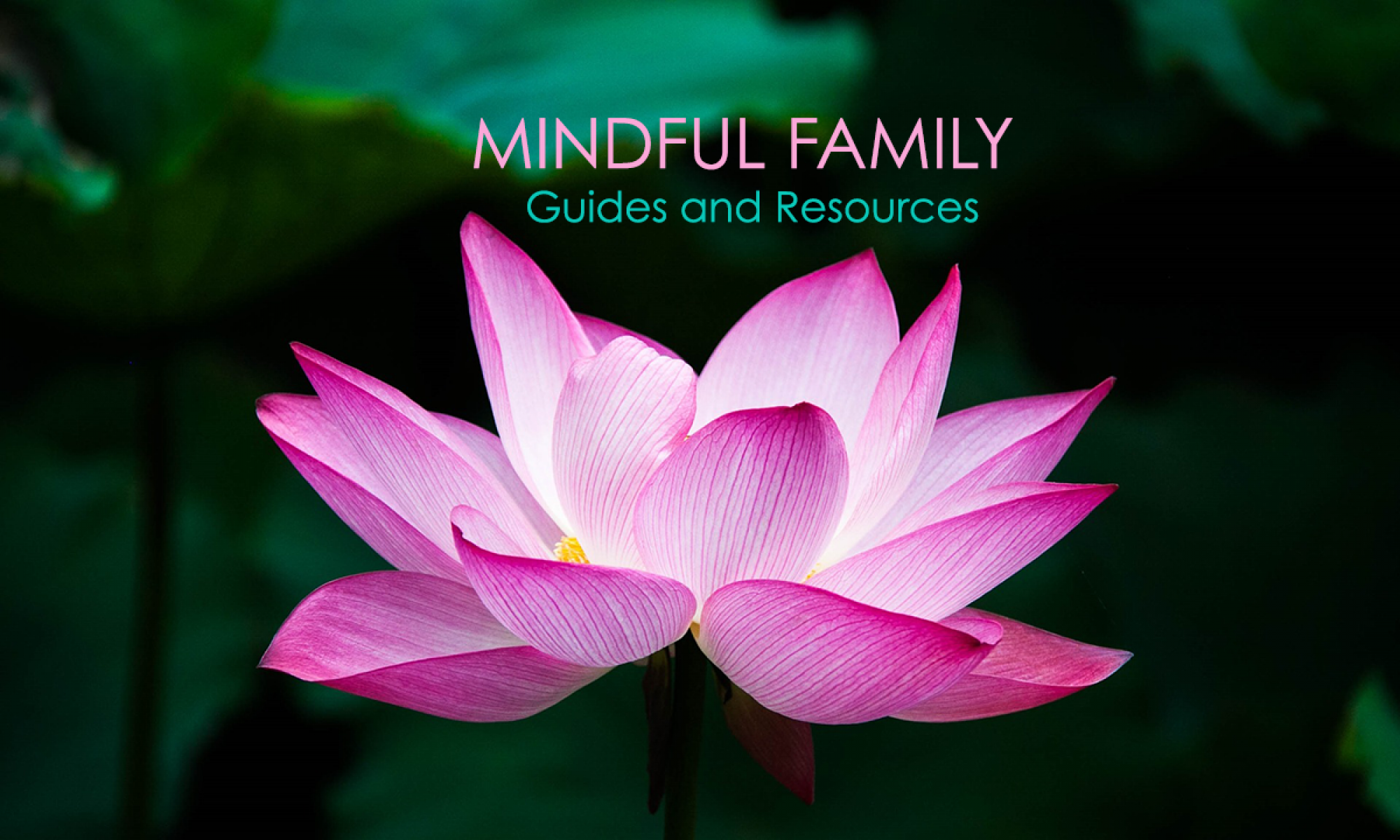By Alexander Thi and Aimmey Chu
Mindfulness: Meditation, Yoga and Breathing
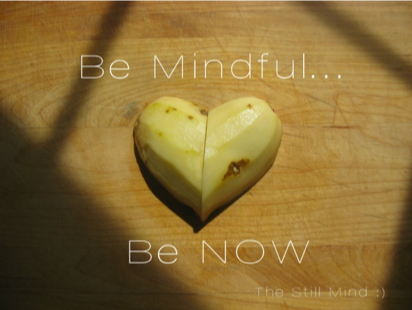
The world’s population is aging with more elderly people living longer than ever before, which contributes to our increasing population. Mindfulness has become popular because its meditative style has a distinctive method of treating and channeling emotions. Many of our elderly population, age 70 and older, reflect and verbalize anxiety about their own life changes. Furthermore, physical frailty, chronic pain, and stress often diminish quality of life in the elderly. The elderly struggle with feelings of helplessness and discomfort in the presence of illness and despair. Mindfulness may help the elderly successfully manage the physical and psychological challenges of aging that reduce distress and promote vitality (Young & Bairne, 2010).
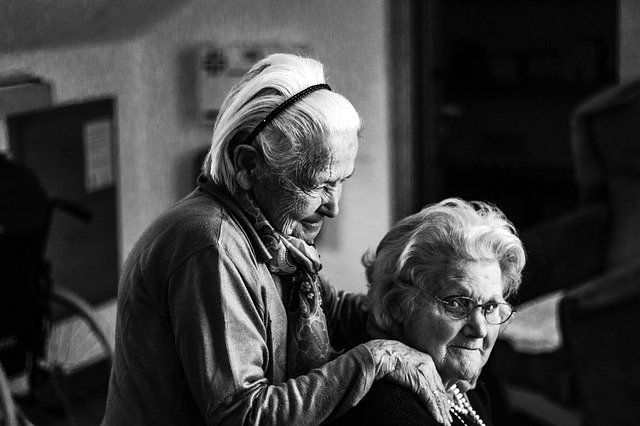
The definition of mindfulness is focusing and being aware of the present moment. Mindfulness based stress reduction (MBSR) is a mindfulness intervention model used to help elderly adults with a variety of conditions to improve their health and quality of life. Mind-body techniques like mindfulness meditation and mindful yoga have been used as treatment for late-life anxiety disorders and depression because of their potential to reduce worry and ameliorate cognitive dysfunction in the elderly (Lenze et al., 2014). Many elderly worry about their health, their finances, and their children. A growing number of studies have identified many beneficial physiological and psychological outcomes from regular practice of mindfulness. There are several mindfulness exercises the elderly can do to help reduce stress, anxiety, and enhance resilience. Additionally, mindfulness meditation is practiced to treat other medical conditions globally and culturally. A study published in the Journal of Personality and Social Psychology suggested when the elderly practice mindfulness meditation, they experience improved longevity. Thus, meditation may improve longevity by preventing cellular aging (Cresswell et al., 2012). Mindfulness techniques include mindfulness meditation, mindful yoga, and mindful breathing.
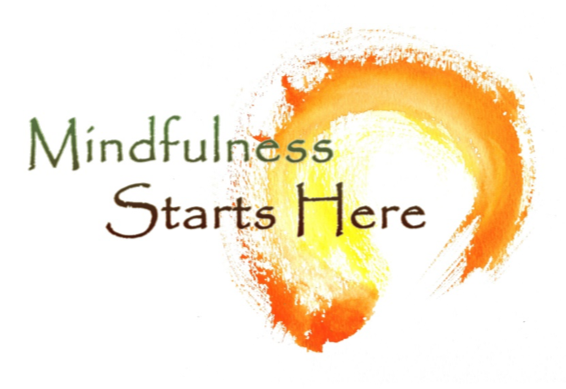
Mindfulness Meditation
Mindfulness mediation is the first strategy for mindfulness. Mediation plays a big role in calming the body and mind. Mindfulness meditation is a technique you can use to remain in a focused and nonjudgmental state, being in the present moment that can be used as an alternative to dwelling on the future (Lenze et al., 2014). Mindfulness meditation requires an individual to sit or lie down, relax and pay little attention to their own thoughts as they drift in and out of their mind. When the individual is meditating, their respiratory, heart rate, blood pressure decreases and slows down. As a result, the individual may feel body tension be lifted away, which helps decrease stress and improve their digestive functionality (Lenze et al., 2014). Mindfulness meditation reduces distraction and loss of focus and increases concentration (Keller, Singh & Winton, 2014).
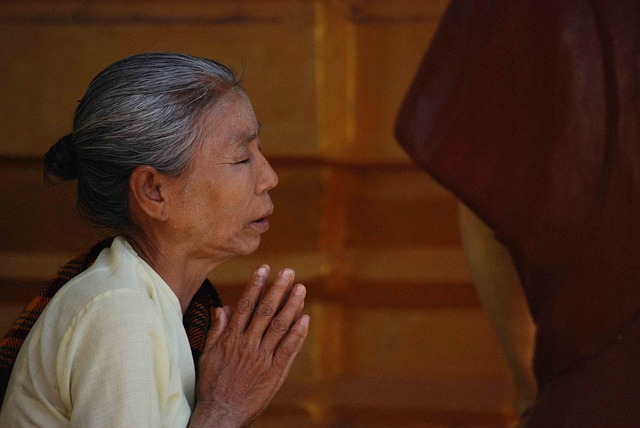
According to Creswell et al. (2012) meditation can be taught to seniors with dementia, which can help reduce the effects of social isolation. Loneliness and emotional stress can negatively contribute to an individual’s physical health. There are studies that indicated that loneliness can lead to increased risk of heart disease, Alzheimer’s disease, depression, and even premature death. However, a research study of 40 seniors found that mindfulness meditation helped them tackle loneliness by feeling more connected to themselves, their families and the world around them. The elderly in this study practiced mindful mediation for 30 minutes a day for eight weeks which significantly reduced rates of loneliness and anxiety (Creswell, 2012).

Mindful Yoga
Yoga is an effective complementary approach to health maintenance and health promotion for the elderly. Yoga can be practiced to support an individual’s psychological wellbeing and reduce everyday stress and anxiety. Mindful yoga is a mind-body discipline that has a positive impact on psychological and functional health. Yoga interventions have beneficial factors that treat a variety of medical conditions like hypertension, asthma, multiple sclerosis, back pain, and neck pain (Carson, Carson, Olsen, Sanders & Porter, 2017). Mindful yoga is well known to increase psychological well-being and reduce stress. Yoga can increase an individual’s flexibility, improve balance, and strengthen muscle tone.
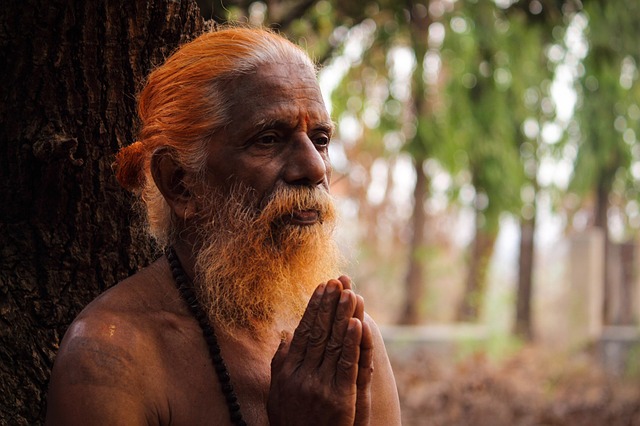
Yoga may be useful for restoring an individual’s sense of control when he or she is confronted with an anxiety-inducing trigger (Bonura, 2011). During mindful yoga practice, one is encouraged to focus on breathing sensations and rhythm coupled with mindful movement. Through the practice of mindful yoga, the elderly can learn how to cultivate self-control, improve psychological health, and self-efficacy for everyday life. For example, a study found that elderly adults who practice yoga are more likely to increase their quality of life by practicing healthy eating, staying on their medication schedule, getting enough hours of sleep, maintaining good hygiene, and completing other self-care activities (Bonura, 2011).
Mindful Breathing
Some studies have indicated that when participants can successfully use mindful breathing it decreases levels of stress (Lenze et al., 2014). Mindful breathing emphasizes focusing on the inhalation and exhalation of breath when the mind begins to wander. Mindful breathing can also reduce or diminish negative emotions that are related to anxiety. In mindful breathing exercises, directions are given to concentrate on breathing and focusing on the sensation of the present moment. This includes being aware of the sensation and rhythm of each breath. When mindful breathing is practiced at least 15 minutes a day, the individual can advance in their breathing, which can increase their wellbeing and self-awareness.
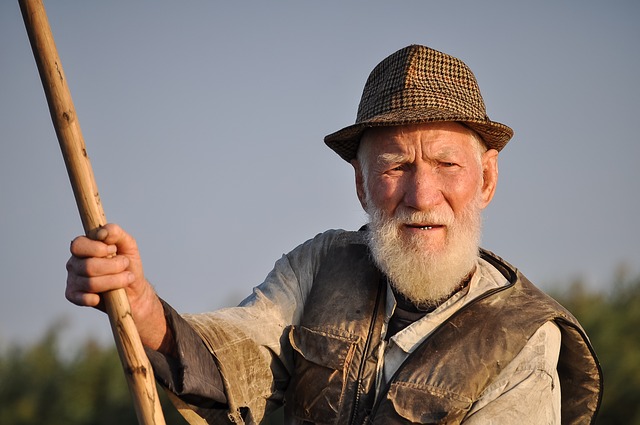
The most basic way to perform mindful breathing is to focus the attention on one’s inhalation and exhalation of breath. This can simply be done by standing, sitting, or lying in a comfortable position. The individual’s eyes can be open or closed, but it may be easier to maintain focus if the eyes are closed. It is recommended to take a large exaggerated breath by deeply inhaling through the nostrils, hold the breath for three seconds or so, and exhale through the mouth for four seconds. Focus your attention on the rise and fall of your chest, and the inhalation and exhalation of each breath.
View Our Mindfulness Meditation Video
Video created by
Aimmey Chu & Alexander Thi
2 mins, November 2018
Mindfulness Resources
30 minute Mindful Yoga Practice Video
This mindful yoga video helps you to tone your mind and body.
Yoga for Mindfulness Video
This video shows you how to practice yoga to rebalance your mind.
Mindful Meditation Video
This guided mindful meditation helps you to achieve calmness and peace.
Mindful Breathing Video
Mindful breathing helps you to learn to focus on your breathing and calm your mind.
Mindful Meditation Timer Pro

This app can help the elderly focus on mediation without thinking about the time. No matter if you are going to join meditators, a beginner or practice meditation for a long time, Meditation Timer Pro can help you do it better. Available from iTunes.
URL: https://itunes.apple.com/ca/app/meditation-timer-pro/id509073019?mt=8
Mindfulness- Based Stress Reduction

This resource from HealthLink BC introduces you to the Mindfulness- based stress reduction technique which helps you tol learn to calm your mind and body even during stressful times
URL: https://www.healthlinkbc.ca/health-topics/abl0293
Mindfulness-Based Stress Reduction Programs

This site also introduces Mindfulness- based reduction programs to assist people in achieving mindfulness practice and awareness in daily life.
URL: http://www.mbsrbc.ca
Meditation for Seniors

This site offers Mindful meditations especially designed for seniors to being using mindfulness of the breath as a foundation.
URL: https://mindworks.org/meditation-knowledge/meditation-for-seniors/
The Mindfulness App

This meditation app is perfect for the elderly as it includes a five- day guided mediation practice.
URL: https://themindfulnessapp.com/
Calm App

Calm app offers a wide variety of guided mindful meditation to assist people to add more relaxation in their lives.
References
Bonura, K. (2011). The psychological benefits of yoga practice for older adults: evidence and guidelines. International journal of yoga therapy, 21, 129-42.
Carson, J., Carson, K., Olsen, M., Sanders, L., & Porter, L. (2017). Mindful yoga for women with metastatic breast cancer. Complementary and Alternative Medicine,17(1).
doi:10.1186s/12906-07-1672
Clinton, V., Swenseth, M., & Carlson, S. (2018). Do mindful breathing exercises benefit reading comprehension: a brief report. Journal of Cognitive Enhancement, 2(3), 305- 310.
Creswell, J., Irwin, M., Burklund, L., Lieberman, M., Arevalo, J., & Cole, S. (2012). Mindfulness- based stress reduction training reduces loneliness and pro-inflammatory gene expression in older adults. Brain, Behavior, and Immunity, 26(7), 1095-101. doi:10.1016/j.bbi.2012.07.006
Keller, B., Singh, N., & Winton, A. (2014). Mindfulness- based cognitive approach for seniors (MBCAS): Program development and implementation. Mindfulness, 5(4). doi:10.1007/s12671-013-0262-2
Lenze, E., Hickman, S., Hershey, T., Wendleton, L., Ly, K., Wetherell, J. (2014). Mindfulness- based stress reduction for older adults with worry symptoms and co- occurring cognitive dysfunction.International Journal of Geriatric Psychiatry, 29(10), 991- 1000. doi: 10.1002/gps.4086
Moore, N., & Greco, C. (2014). Adapting mindfulness for the older adult. Mindfulness, 5(5), 610- 612. doi:10.1007/s12671-014-0297
Young, L., & Bairne, M. (2010). Mindfulness- based stress reduction: effect on emotional distress in older adults. Journal of Evidence- Based integrative Medicine, 15(2) 59-64. doi: 10.1177/153321011038
.
